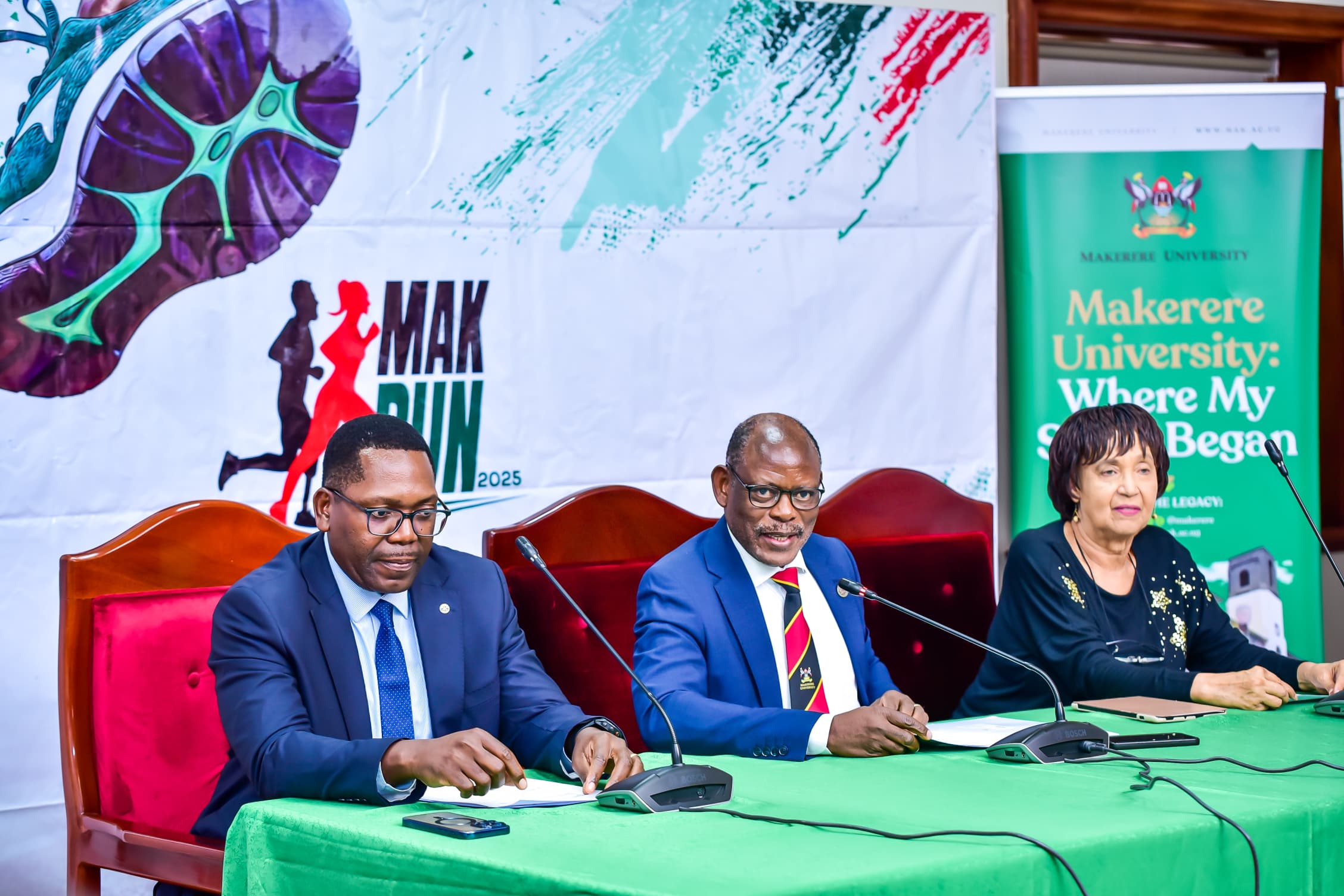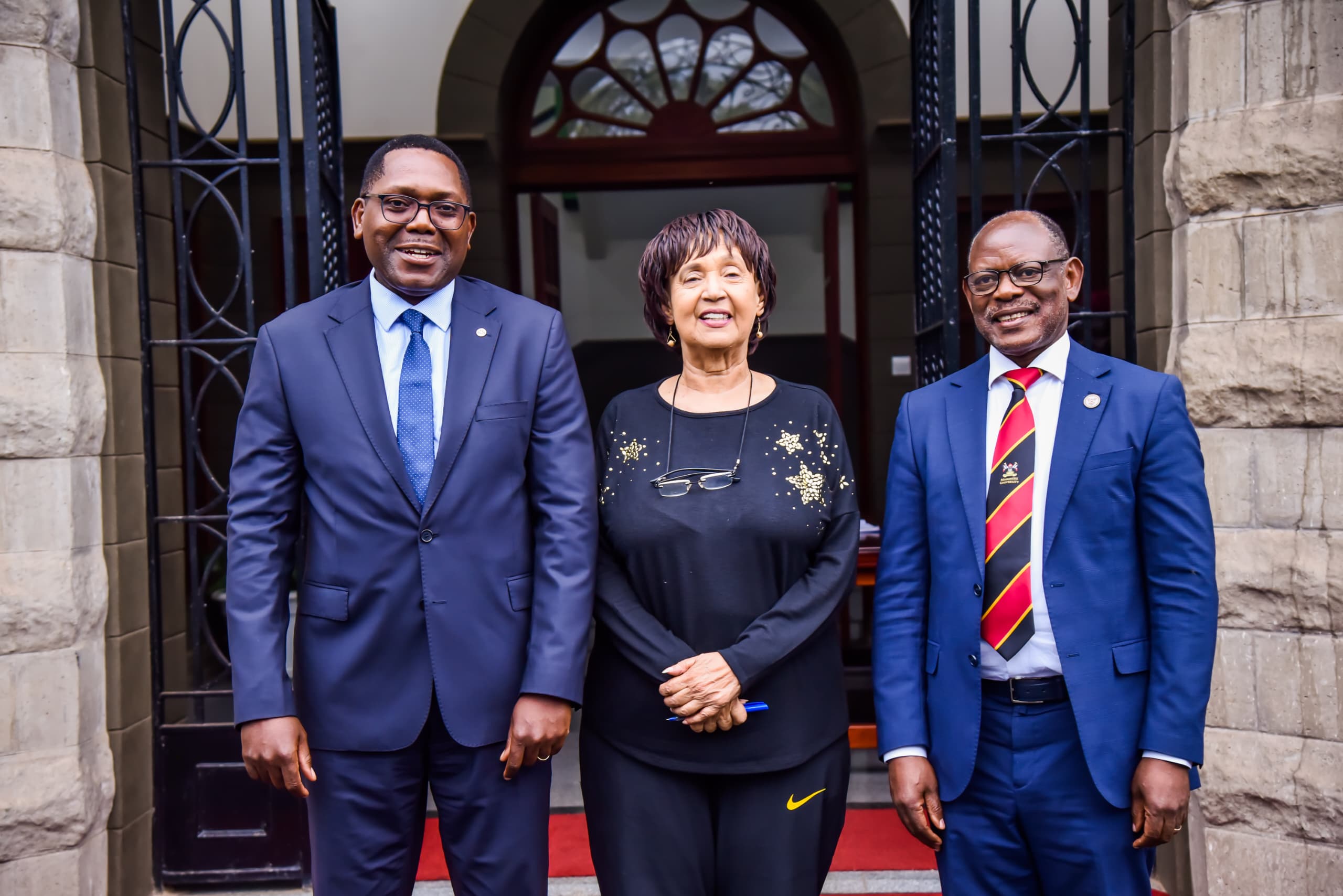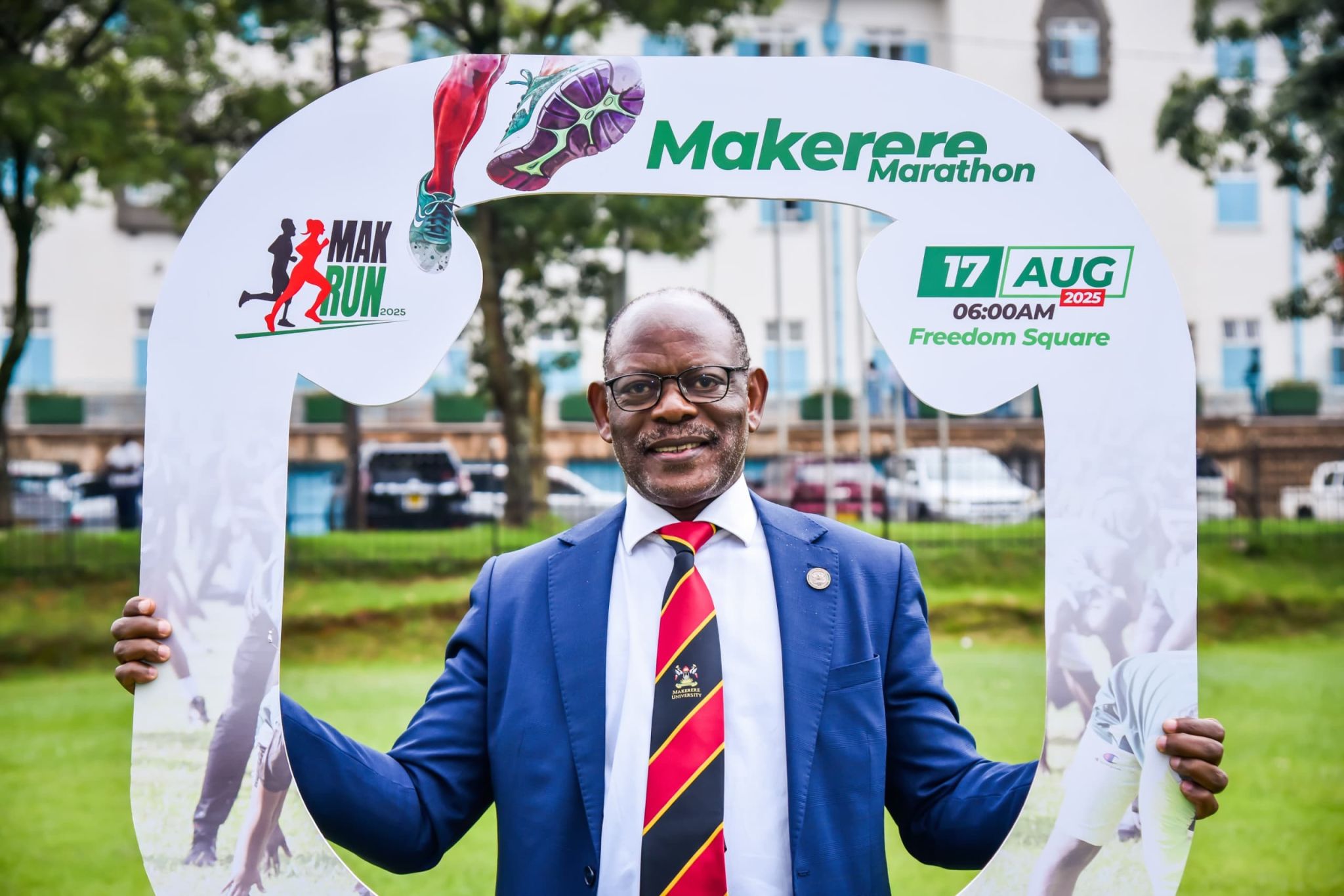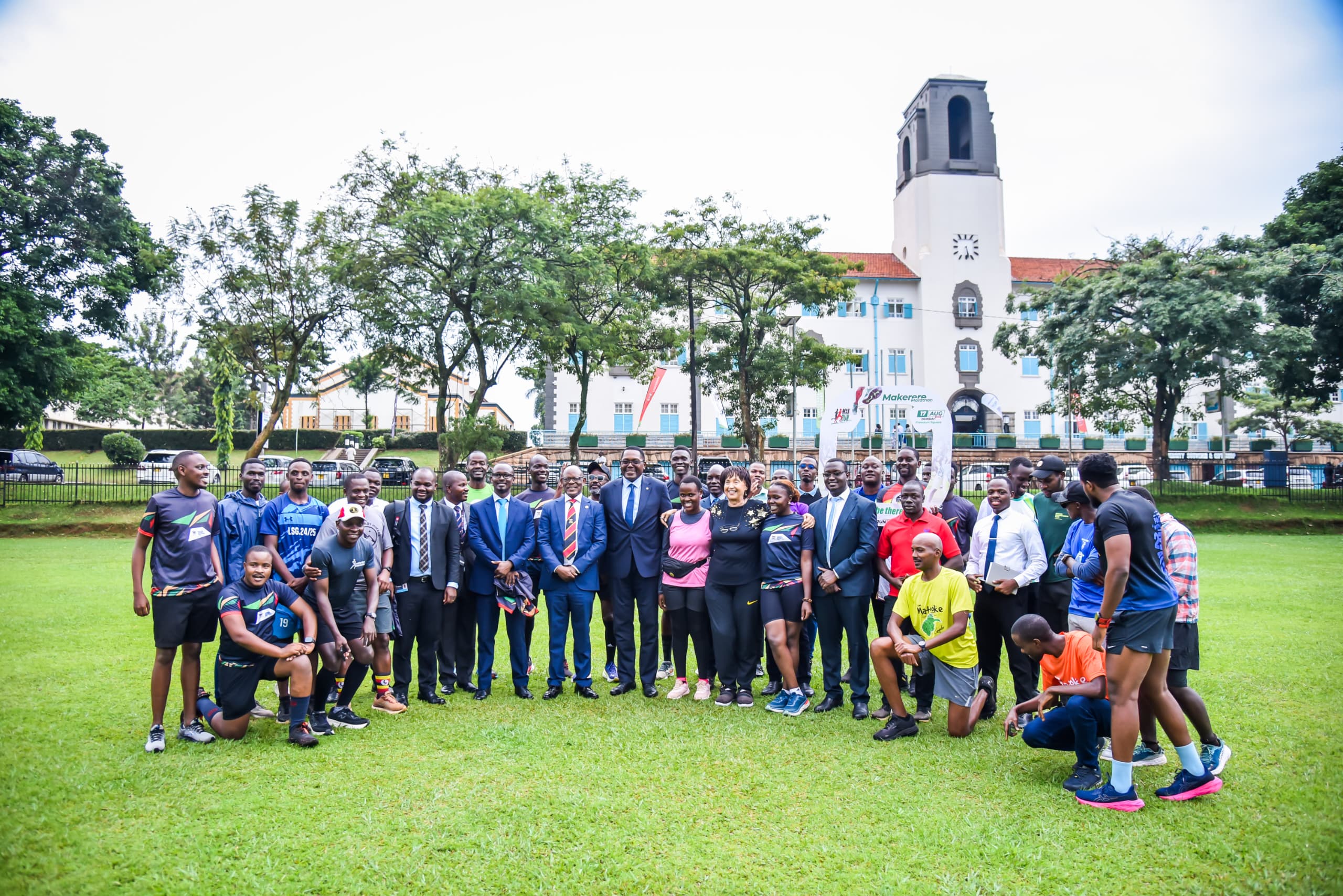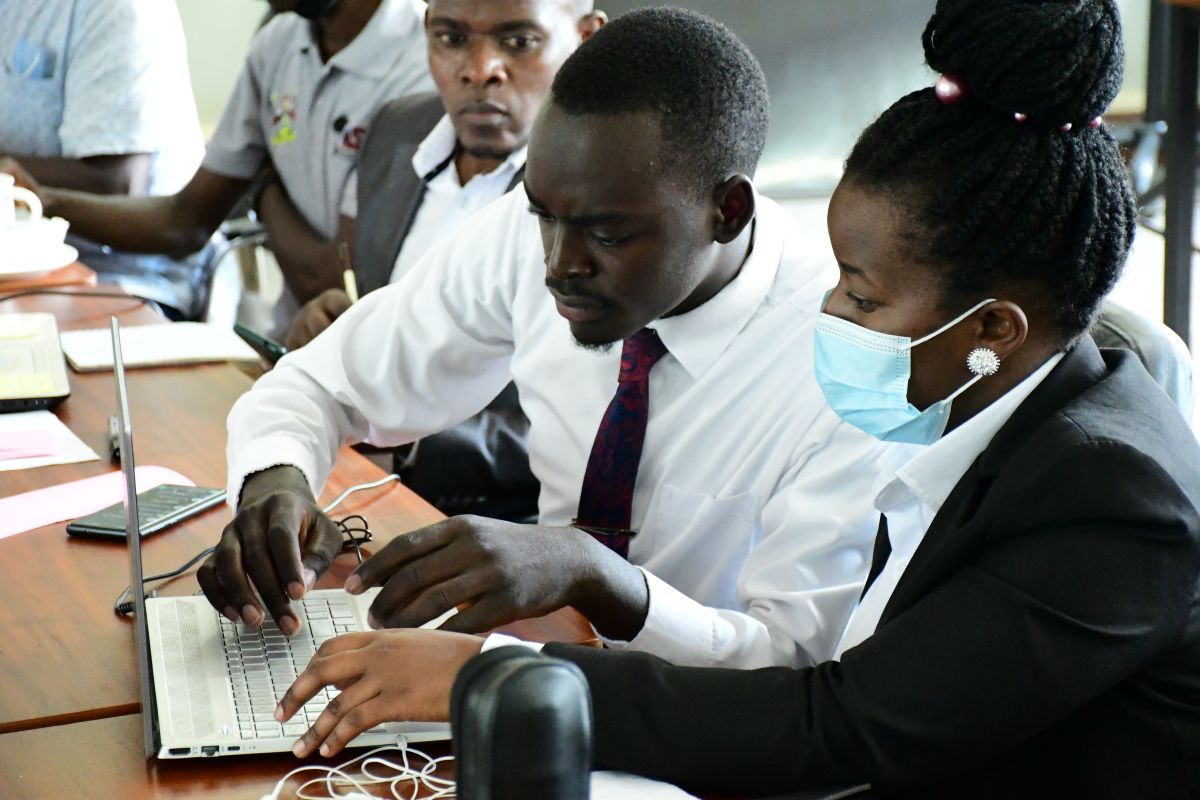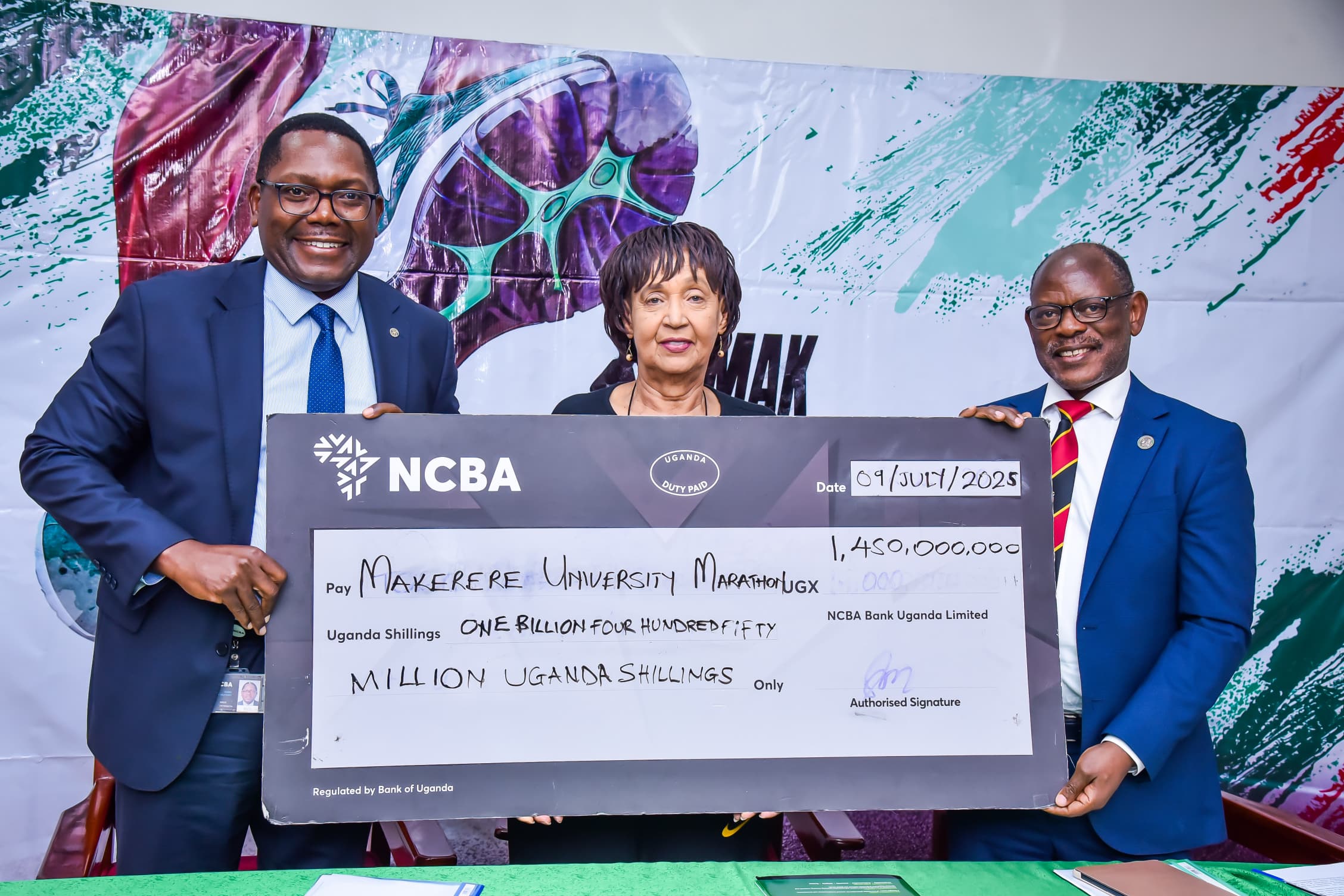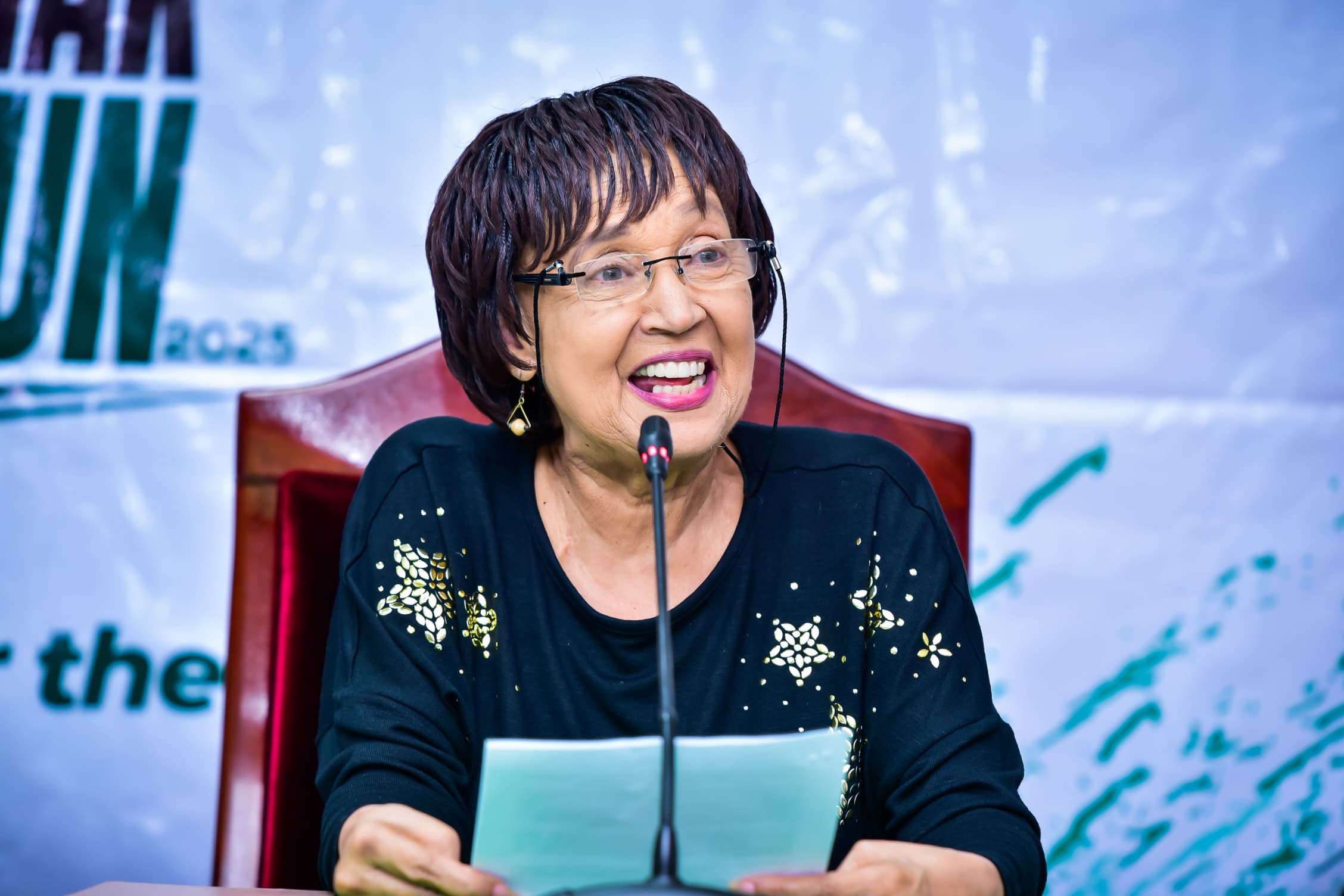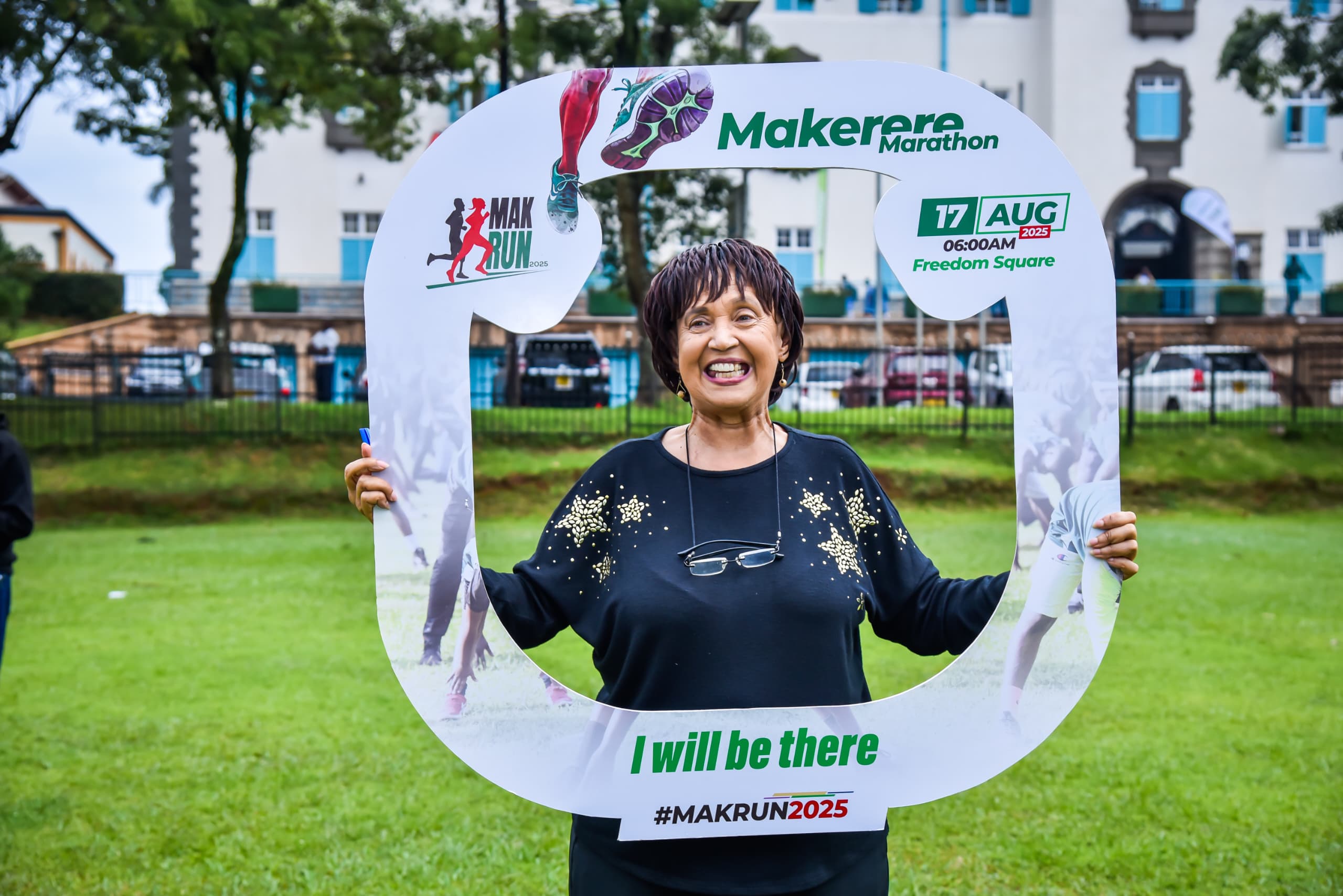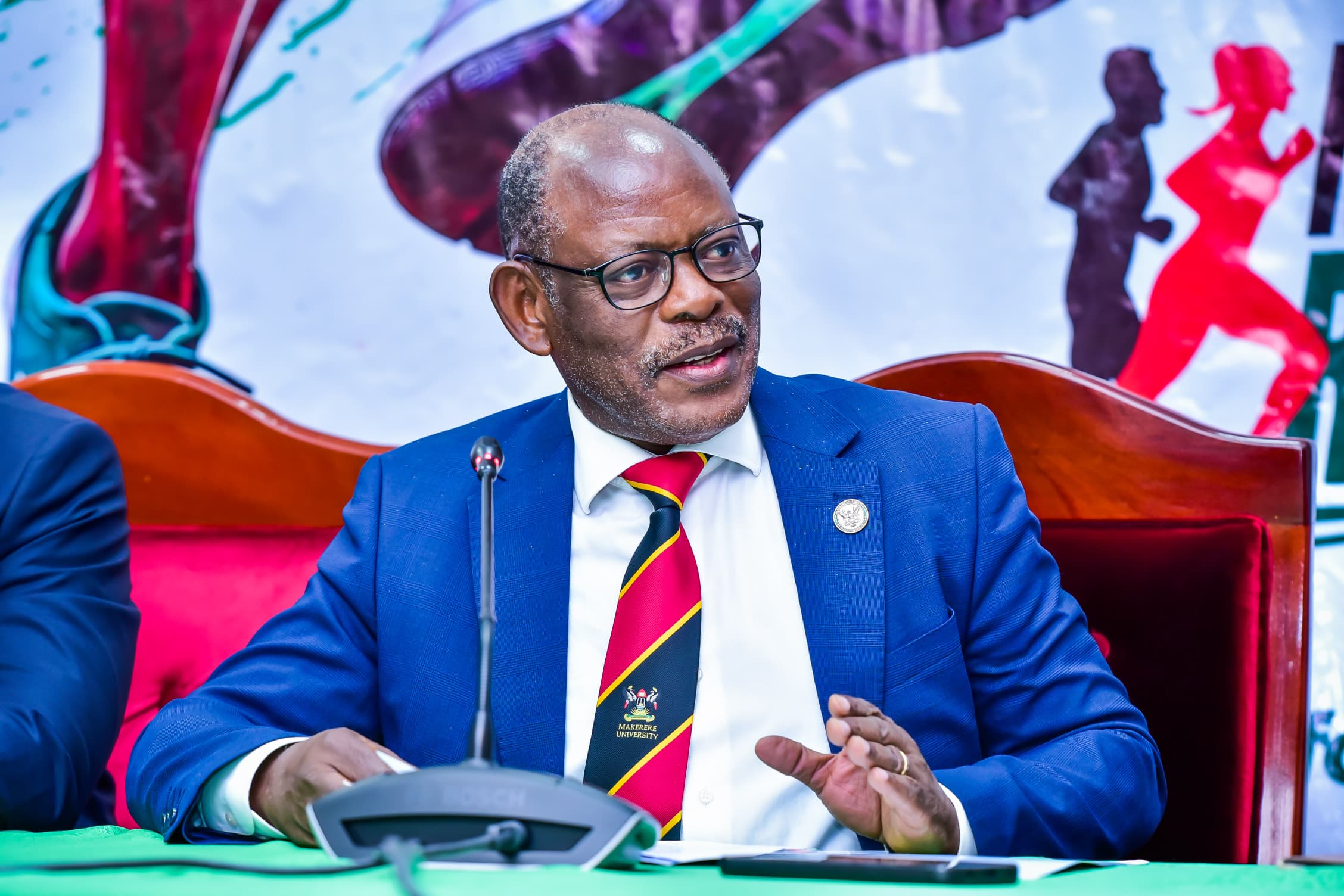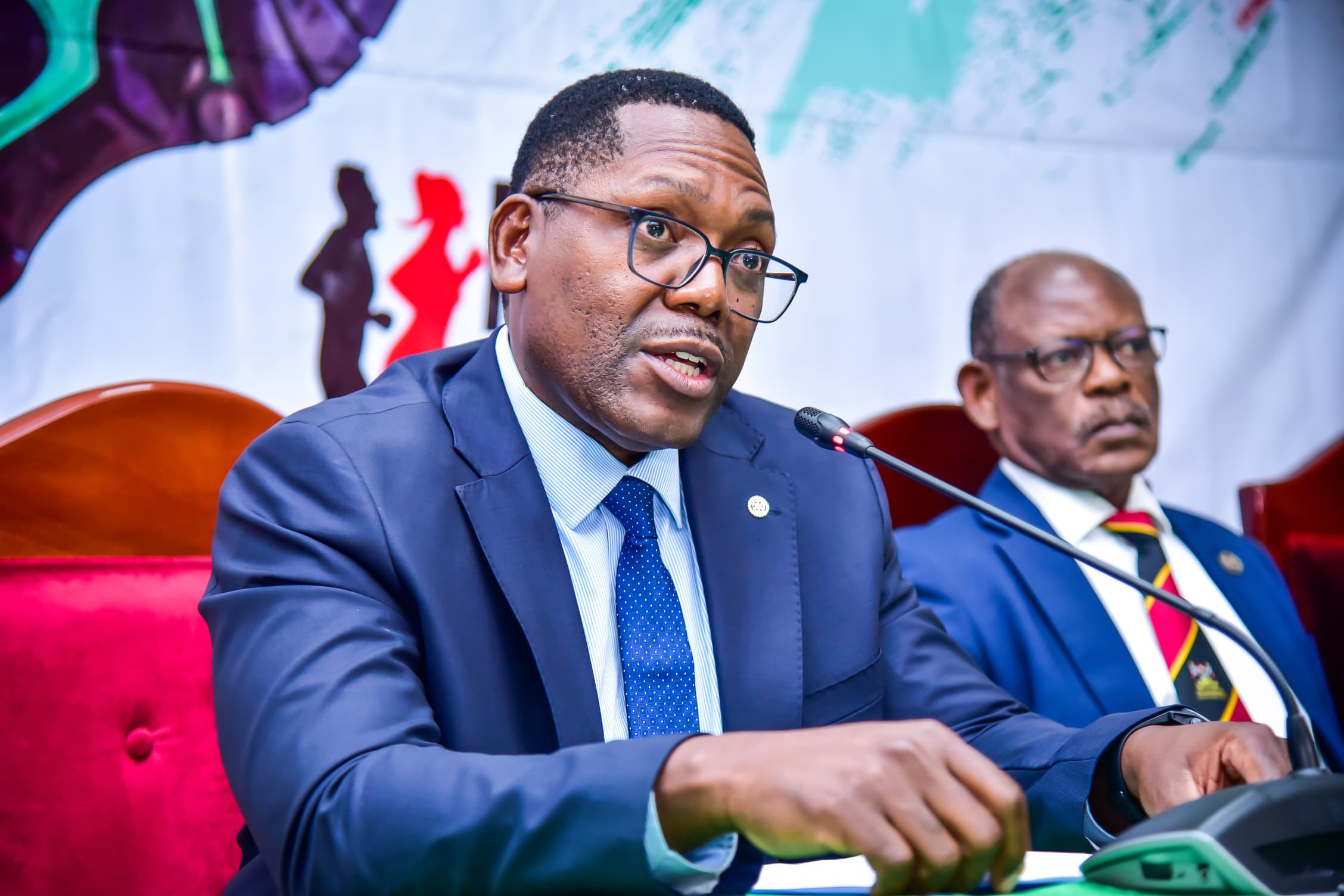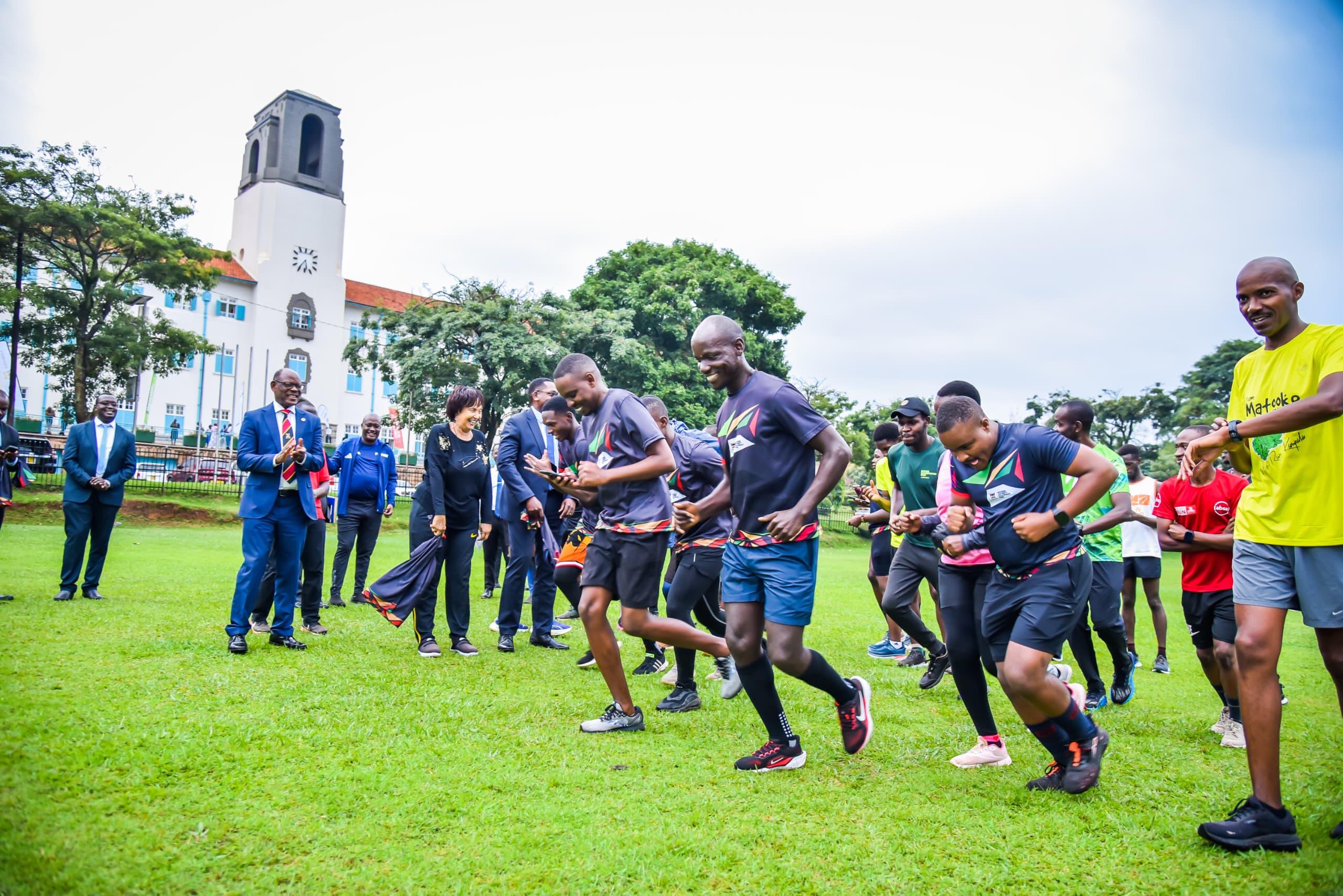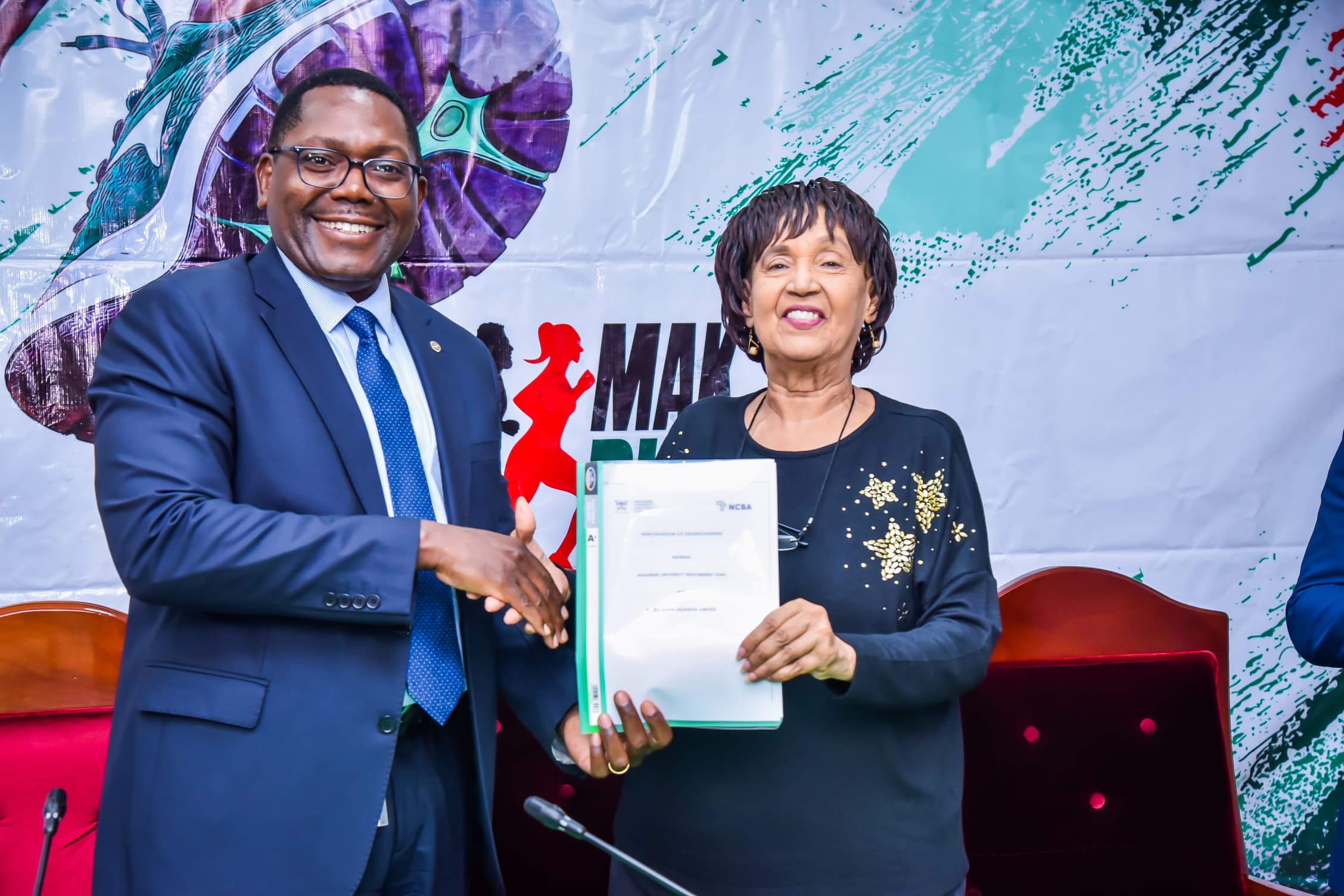The Academic Registrar, Makerere University invites applications from Diploma Holders only for admission under the Government Sponsorship Scheme to the University Degree Programmes for the 2015/2016 Academic year listed below.
Each applicant should possess at least a Credit or Second Class or equivalent Diploma in a relevant field from a recognised Institution plus a Uganda Certificate of Education (UCE) with at least 5 Passes (or its equivalent) and a Uganda Advanced Certificate of Education (UACE) with at least One Principal Pass and Two Subsidiary Passes obtained at the same sitting (or its equivalent) .
The application fee of Shs.50,000/= (Fifty thousand shillings only) plus the Bank Charge should be paid to any Stanbic Bank, dfcu Bank (Makerere Branch), ECO Bank, Centenary Bank and Crane Bank before collecting the application form from the Admissions Office, Room 314, Level 3, in the Senate Building, Makerere University.
Certified copies of Diploma Transcripts (not photocopies of certified copies) from the awarding Institutions must be attached to the application forms. Incomplete application forms shall not be accepted. Details of the Diplomas required for each programme can be viewed on Undergraduate Admissions Notice Board on Level 3, Senate Building, Makerere University.
Each applicant should also attach a copy of the Birth Certificate to the application form.
The closing date for returning the completed application forms to the University is Friday 30th January, 2015
Candidates are warned against submitting forged academic documents.
Note that:
i) Candidates whose Ordinary and Advanced level results are of Grades “Y”, “ Z” “7” and “9” need not apply because they are not eligible for admission, and;
ii) Candidates who possess 3rd Class or Pass Diplomas need not apply.
The following programmes listed under their respective Colleges are open to applications through Diploma Holders Entry Scheme.
COLLEGE OF HEALTH SCIENCES (CHS)
CODE PROGRAMME
MAM Bachelor of Medicine and Bachelor of Surgery
BDS Bachelor of Dental Surgery
PHA Bachelor of Pharmacy
BMR Bachelor of Science in Medical Radiography
BEH Bachelor of Environmental Health Science
BSB Bachelor of Biomedical Sciences
BBI Bachelor of Science in Biomedical Engineering
BYT Bachelor of Cytotechnology
NUR Bachelor of Science in Nursing
COLLEGE OF AGRICULTURAL AND ENVIRONMENTAL SCIENCES (CAES)
AGR Bachelor of Science in Agriculture
FST Bachelor of Science in Food Science and Technology
AGE Bachelor of Science in Agricultural Engineering
AGM Bachelor of Agribusiness Management
BAM Bachelor of Science in Land Use and Management
HOT Bachelor of Science in Horticulture
CFP Bachelor of Science in Conservation and Products Technology
SEF Bachelor of Social and Entrepreneurial Forestry
BVS Bachelor of Environmental Science
BAR Bachelor of Agricultural and Rural Innovation
BMT Bachelor of Science in Meteorology
HUN Bachelor of Science in Human Nutrition
COLLEGE OF ENGINEERING, DESIGN, ART AND TECHNOLOGY (CEDAT)
ARC Bachelor of Architecture
LSG Bachelor of Science in Land Surveying and Geomatics
ELE Bachelor of Science in Electrical Engineering
CIV Bachelor of Science in Civil Engineering
MEC Bachelor of Science Mechanical Engineering
STE Bachelor of Science in Telecommunications Engineering
SQS Bachelor of Science in Quantity Surveying
SLE Bachelor of Science in Land Economics
SCM Bachelor of Science in Construction Management
CMP Bachelor of Science in Computer Engineering
FIN Bachelor of Industrial and Fine Arts
COLLEGE OF BUSINESS AND MANAGEMENT SCIENCES (COBAMS)
STA Bachelor of Statistics
BQE Bachelor of Science in Quantitative Economics
BPS Bachelor of Science in Population Studies
BBS Bachelor of Science in Business Statistics
ECO Bachelor of Arts in Economics
DEC Bachelor of Arts in Development Economics
COE Bachelor of Commerce
ADM Bachelor of Business Administration
COLLEGE OF HUMANITIES AND SOCIAL SCIENCES (CHUSS)
MUS Bachelor of Arts in Music
BDF Bachelor of Arts in Drama and Film
BCO Bachelor of Community Psychology
BIP Bachelor of Industrial and Organisational Psychology
SOC Bachelor of Social Work and Social Administration
COLLEGE OF NATURAL SCIENCES (CONAS)
SCP Bachelor of Science (Physical)
SCB Bachelor of Science (Biological)
SEC Bachelor of Science (Economics)
BIC Bachelor of Science in Industrial Chemistry
BFS Bachelor of Science in Fisheries and Aquaculture
BSP Bachelor of Sports Science
BCB Bachelor of Science in Conservation Biology
BPG Bachelor of Science in Petroleum Geo-science and Production
BBT Bachelor of Science in Biotechnology
COLLEGE OF COMPUTING AND INFORMATION SCIENCES (COCIS)
CSC Bachelor of Science in Computer Science
BIT Bachelor of Information Technology
BSW Bachelor of Science in Software Engineering
ISD Bachelor of Information Systems
LIS Bachelor of Library and Information Science
BRA Bachelor of Records and Archives Management
COLLEGE OF VETERINARY MEDICINE, ANIMAL RESOURCES & BIOSECURITY (COVAB)
VET Bachelor of Veterinary Medicine
WHM Bachelor of Science in Wildlife Health and Management
MLT Bachelor of Biomedical Laboratory Technology
BAP Bachelor of Animal Production Technology and Management
SCHOOL OF LAW (SOL)
LAW Bachelor of Laws
NB: All applicants for Bachelor of Laws will be required to sit and pass the Pre-entry examinations set by Makerere University.
MAKERERE UNIVERSITY BUSINESS SCHOOL (MUBS)
COM Bachelor of Commerce
BBD Bachelor of Business Administration
BCM Bachelor of Catering and Hotel Management
BIB Bachelor of International Business
BLH Bachelor of Leisure and Hospitality Management
BES Bachelor of Entrepreneurship & Small Business Management
BBC Bachelor of Business Computing
BIM Bachelor of Office and Information Management
PSM Bachelor of Procurement and Supply Chain Management
NOTE:
Please refer to the document below (download) for the required Diploma for each respective Course.
Alfred Masikye Namoah,
ACADEMIC REGISTRAR
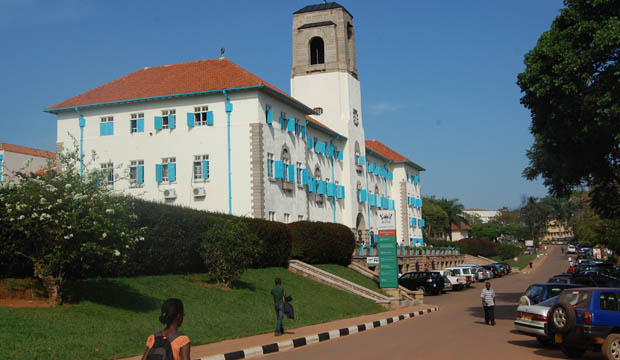

 Education1 week ago
Education1 week ago
 General2 weeks ago
General2 weeks ago
 General5 days ago
General5 days ago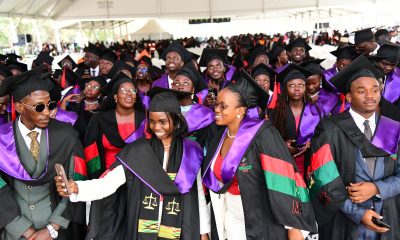
 General1 week ago
General1 week ago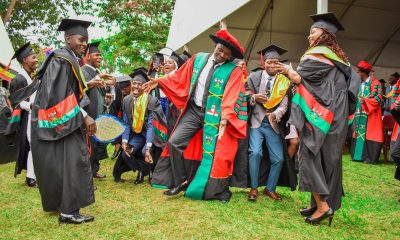
 General1 week ago
General1 week ago
